Sri Gur Panth Prakash: Rattan Singh Bhangoo (Volume 1)
Rattan Singh Bhangoo's magnum opus (1841) is one of the primary historical chronicles and seminal works about the origin and evolution of the Khalsa Panth, more specifically about the 18 century of the Sikhs, the most gory and violent period so far in the entire history of the Sikhs. It came to be written under special circumstances soon after the British capture of Delhi from the powerful Marhattas and the siege of Delhi by the Khalsa forces under the command of S. Baghel Singh. It was the sudden emergence of the Khalsa on the newly occupied throne of Delhi by the British, which unnerved them. Being astute strategists and a seasoned colonial power, they decided to know the real history of the Sikhs and their evolution into a formidable military power, in order to draw proper lessons and prepare a suitable strategy to deal with the rising power of the Sikhs. After getting a somewhat distorted and biased version of the history of the Sikhs from the last Moghul emperor, General Sir David Ochterloney, the British agent at Delhi approached his junior, Captain Murry stationed at Ludhiana (Punjab) to get a more objective version of the Sikh history. It was at this juncture, as if by coincidence, that Captain Murry came into contact with Rattan Singh Bhangoo, an immediate and direct descendent of the two of the most illustrious 18 century Sikh warriors, S. Mehtab Singh of Miran Kot and S. Sham Singh, head of the Kroresinghia Misl. It was out of this dialogue and discussion between Captain Murry and the author and latter's recorded statements and narration between 1809 and 1841, that this great epic of the Khalsa Panth came to be written. Later on, the author compiled these statements into a single volume, and its final version came out in verse form in 1898 at Amritsar. This great epic, written in vernacular Punjabi verse mostly in the form of couplets, quatrains and octaves, and recording one hundred and seventy legends and episodes, encapsulates the glorious history of the Sikhs, particularly the hundred years period from 1675 to 1775. Besides recording the major landmark events such as the execution of Guru Tegh Bahadur and creation of the Khalsa Panth at Anandpur Sahib in 1699 and the two Genocides (Ghallugharas), it presents a portrait gallery of majority of the legendary Sikh warriors and martyrs such as Banda Singh Bahadur, Bhai Mani Singh, Bhai Taru Singh and S. Mehtab Singh who sacrificed their lives to uphold the glorious traditions of their faith, while fighting against the Moghul oppression and persecution. This poetico-historical epic has some rare insights into the essential Sikh psyche and ethos. The readers feels rewarded after reading each episode.
Get it now and save 10%
BECOME A MEMBER

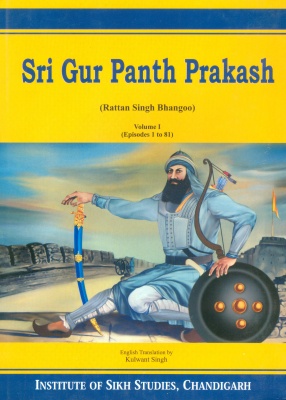
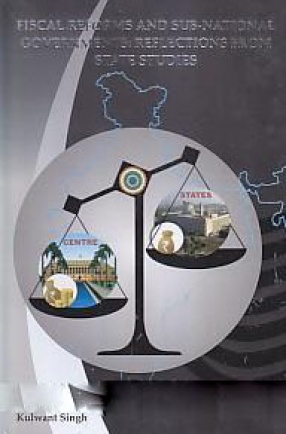
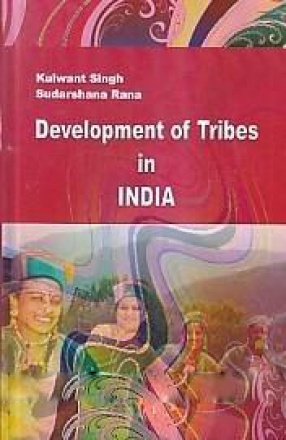
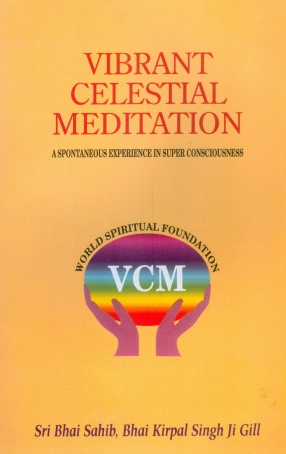
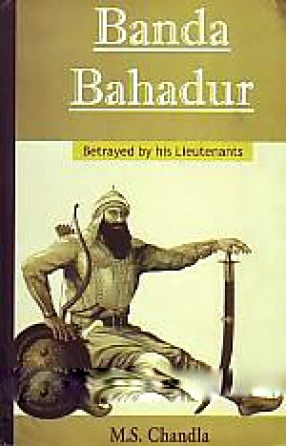
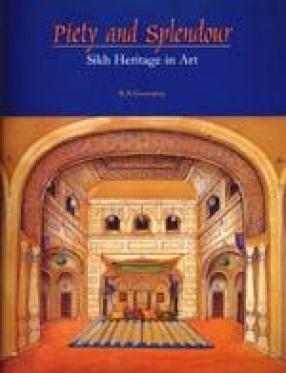
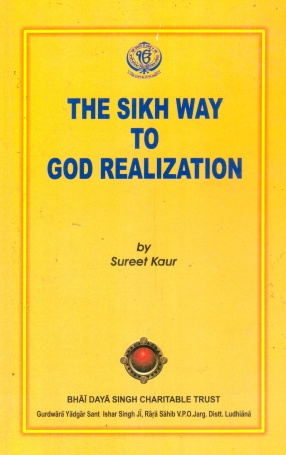

Bibliographic information